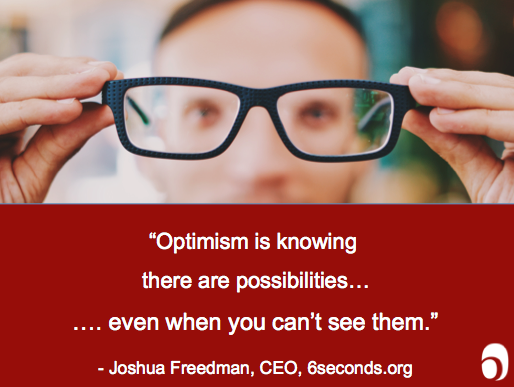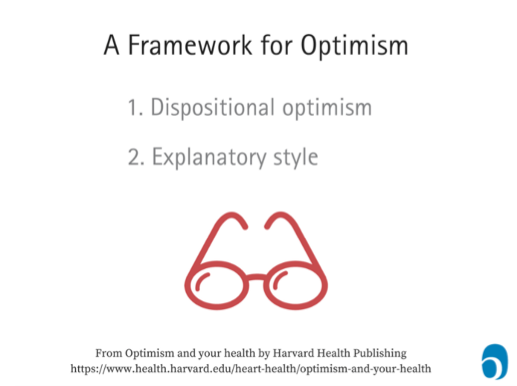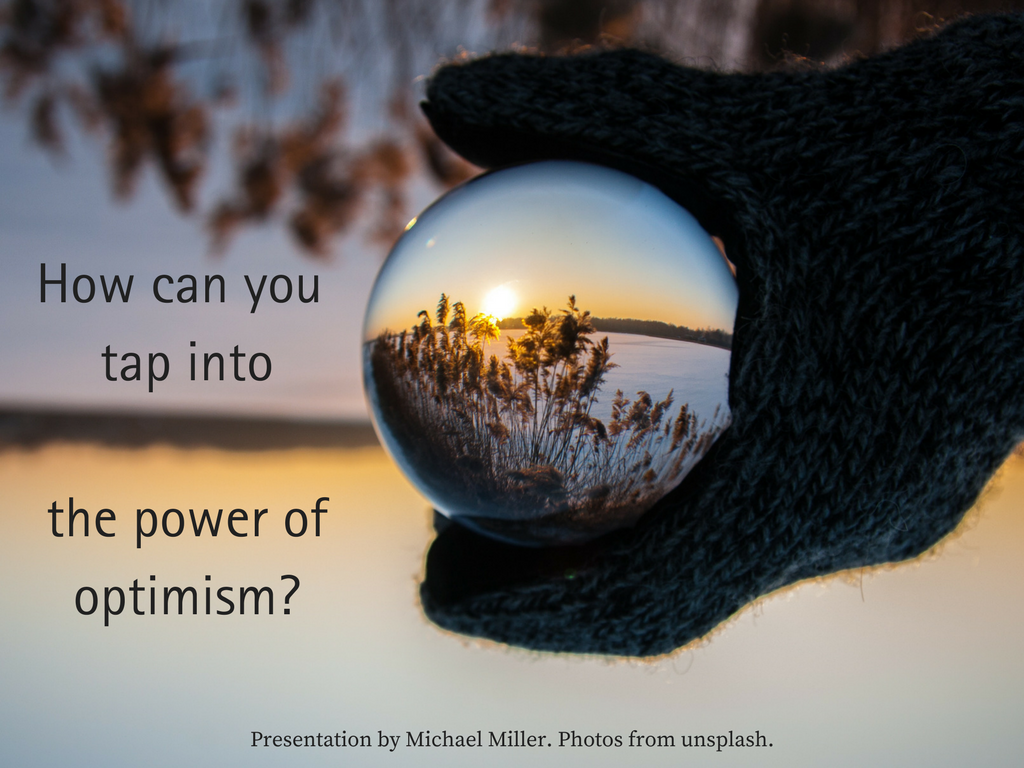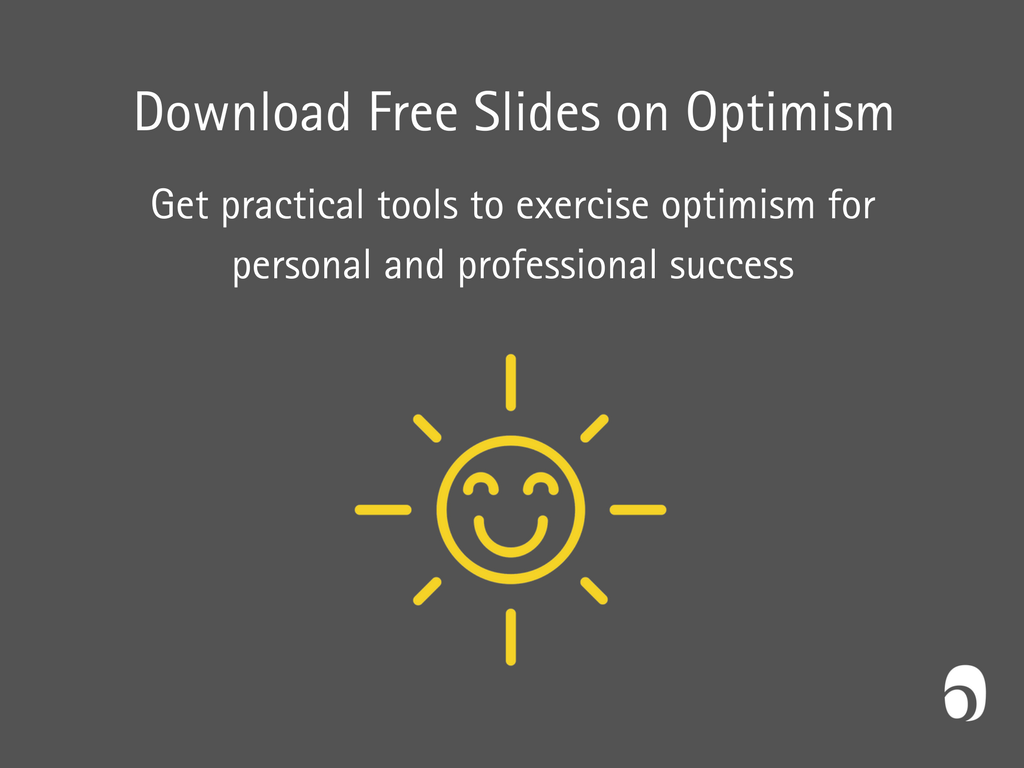The Number One Secret to Life Success
My best friend Ben used to tell me in high school that my guardian angel was “overworked and underpaid.” He wasn’t the only person who thought that I had spectacular luck; that great situations seemed to fall into my lap – and still do. In fact, another friend just the other day was lovingly mocking me when I told him about the house I am renting for way below market value in the absurdly expensive Bay Area.
And while luck may play a role, it really comes down to a simpler, and even more applicable, secret to life success:
You can create possibilities by looking beyond what you think is available, and create more connection by focusing on what you can offer.
Let’s talk concrete examples for this secret to life success. When I first moved to the Bay Area, I didn’t know a soul and had to find housing (way more difficult than I expected) and enough money to pay for that housing (equally as difficult). I alternated between two worlds: the one where I chased my dreams fearlessly, and the one where I hopelessly scrolled through rental sites and applied to ones that I could convince myself sounded reasonable. Between fearlessly reaching out to groups of like-minded people on the one hand, and waiting for something “ok” to show up on Craigslist.
When I dreamed, I contacted people to say, “I am also really passionate about x, can I help in any way?” I told people, “Ideally I want to live somewhere rustic in a beautiful setting, because of this experience I had…”And time after time, I found options that didn’t exist before, which led to me crafting a beautiful, unique life. A perfect life, for me.
Craigslist and other sites were certainly helpful as a starting point. But both my work and my housing came from me looking beyond what was available, and looking beyond what I wanted to get. I started focusing on what I could offer, what I wanted to offer. It opened up doors that seemed closed, or at least weren’t on those endless pages of scrolling through ads.
I espoused this secret to life success for many years before I had an intellectual understanding of why it works so well. Now I see the power comes from tapping into optimism – a power, it turns out, that has been well researched and linked to an almost humorously long list of positive outcomes.
Why this secret to life success works
Josh Freedman’s definition of optimism is one of my favorites:
“Optimism is knowing there are possibilities even when you can’t see them.”
When I first heard that definition of optimism, at Six Seconds’ EQ Practitioner course in Menlo Park, California, it was a real ‘aha’ moment. That’s what this secret to life success really does: when you look beyond what you think is available and look for what you can give, you cultivate a mindset of possibility and openness.



When I felt like my only option for finding a job was to spend endless hours on Craigslist or Monster, I felt trapped, like I could see all my options and I wasn’t very enthused by them. But I when I decided to really put myself out there and offer to help, I felt liberated and a world of possibilities opened up that didn’t seem to be there before.
I wanted to work with kids, so I sent a message to a new business called Luma Yoga & Family Center. I told them I was passionate about mindfulness, social emotional learning, and supporting new families, and that I was new in town and had time to help out. I came as a volunteer the 1st week, and they offered me a job the next week. I worked there, and loved it, for years.
I wanted to be learn more about local food systems, so I sent a message to a bunch of local, organic farms offering to lend a hand. When they didn’t respond, I went to the farm stand to shake hands with somebody. At Everett Family Farm, I met the farm manager, who has been my boss off and on for years, and more importantly, one of my best friends since I moved here.
Neither place was hiring when they hired me. I went after what I wanted, even though it didn’t seem available, and it turned out it was available. And the more I have practiced this and seen things work out better than I could have hoped, the more I adopt this general mindset of possibility and lose my fear of offering to help in a way that hasn’t been specified.
It’s been incredibly effective for me in crafting positive outcomes, and it turns out, I am not alone.
The secret to life success… and a longer life
It’s almost funny to write a list like this, but optimism has been linked to better overall health, longer lives, improved immune function, less hypertension and heart disease, lower levels of the stress hormone cortisol, lower susceptibility to viral infections, lower rates of rehospitalization after surgery, and even, better luck. It’s the secret to life success and can extend your life, too! There is so much research into the benefits of optimism, including longitudinal studies, that it would be hard to overstate.
So is optimism something fixed, like the color of your eyes, or can we train ourselves to be more optimistic? The simple answer is that we can train ourselves to be more optimistic. It can be learned, and practiced, and improved – and to understand why, let’s take a look at the two different types of optimism that are normally measured.
The two primary systems of optimism are called dispositional optimism and explanatory style. Dispositional optimism is having a generally positive expectation of what will happen in the future. Explanatory style is how you respond to good or bad news: whether you think it’s permanent, pervasive and how much power you have. And actually, both are necessary for adopting this mindset of openness and possibility. To put yourself out there at all, of course, it helps to have a generally positive expectation of what will happen. But also, when you ask for things that you aren’t even sure are possible, rejection is inevitably a part of it. And how you respond is so important. Think about these two responses and the different path they put you on.
I found this organization that shares so many of my values, and I drop off a resumé. I stop by a couple days later to check on it, and… they tell me they aren’t currently hiring. When in pessimism, we may think, “I will never get a job I love,” “It’s affecting my entire life,” and “There’s nothing else I can do. Oh well.” A person in optimism, on the other hand, might think, “It’s frustrating to not have a job yet, but I have many blessings in life and this won’t last forever,” and, furthermore, realize they have power: “I can ask them if they need any extra volunteer help, even once a week. And if not, I will keep trying with other orgs.” One is a brick wall; the other, a door. Knowing there are possibilities even when you can’t see them. And this fearless offering often leads to a very real expanding of the options.
Similarly, check out these how I developed a more optimistic mindset before surgery. Cultivating optimistic thought patterns is really amazing. And what’s even more amazing, as discussed above, is that your pre surgery optimism may even lead to a better recovery.
By clicking on the button below, you can get free slides that give you practical tools for improving your ability to practice these two types of optimism – or for teaching others how to tap into the power of optimism.


How to cultivate optimism and overall EQ
Six Seconds defines optimism as “Taking a proactive perspective of hope and possibility.”
And a growing body of research shows that optimism is something you can learn and improve. I thought of it for many years as a fixed characteristic; you were optimistic or pessimistic. But it is most definitely a learnable skill – and one of Six Seconds’ goals is to help people in this process.
First, let me tell you a little about Six Seconds and its purpose. It is a non-profit dedicated to helping people develop the skills of emotional intelligence, like increasing self-awareness, exercising optimism, and finding purpose. Taken together these things are called your EQ. Just like IQ is a measure of your cognitive intelligence, EQ measures your emotional intelligence, how well you can recognize and respond to your own and others’ emotions. Most of us practiced our IQ at school a lot, learning things like how to solve math problems or memorize maps. That’s probably why the average IQ has increased significantly since the 1930s. But learning tools to overcome adversity in an optimistic way? This is often overlooked in traditional education, even though it’s arguably more important.
Six Seconds’ goal is to take the emerging science of emotional intelligence and help people put it into action. So we write articles like these and offer free resources like these optimism slides with speaker notes. Whether you’re a coach working with clients, leader in a company, or a practitioner for yourself and your family, having the tools to practice optimism is essential.
To sum up this secret to life success:
Instead of focusing on what you want, focus on what you want to offer. Instead of seeing few options, know there are many possibilities. Together, these make up the secret: Be a possibility maker.
- Pursue Noble Goals in the Six Seconds Model of EQ - July 29, 2023
- Increase Empathy in the Six Seconds Model of EQ - July 26, 2023
- Exercise Optimism - July 24, 2023


I read these messages as if my very LIFE depends on them. Thank you for sharing so freely. I learn so much. Here in South Africa it is the best place at the moment to be optimistic; and I did what you suggested: Offer free assistance to youth and help them with their dreams and goals. I know my own business will grow by doing this, as well as I MYSELF will become a more pleasant person. Thank you so much.
Message to remember that there exists solutions even if we cannot imagine them